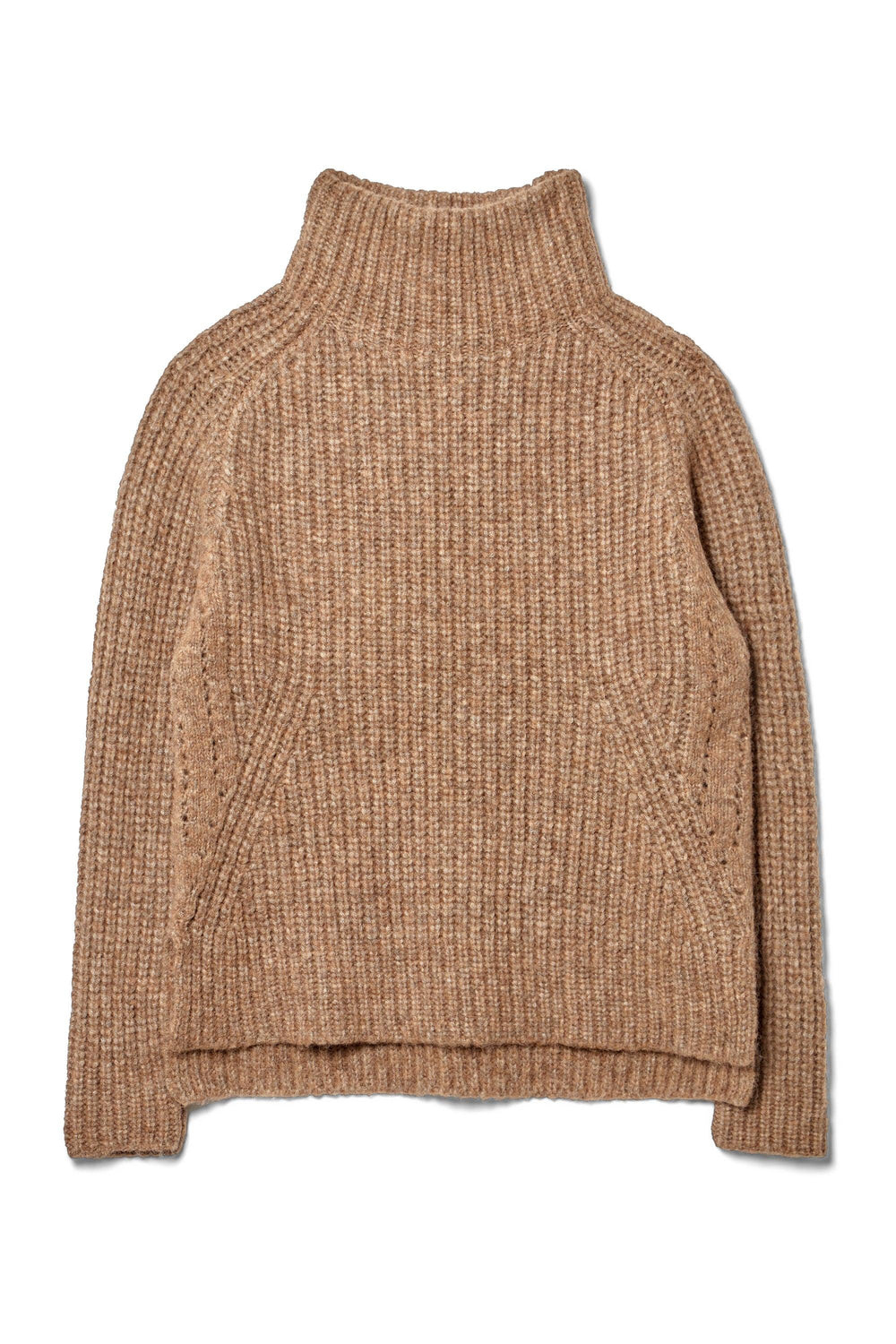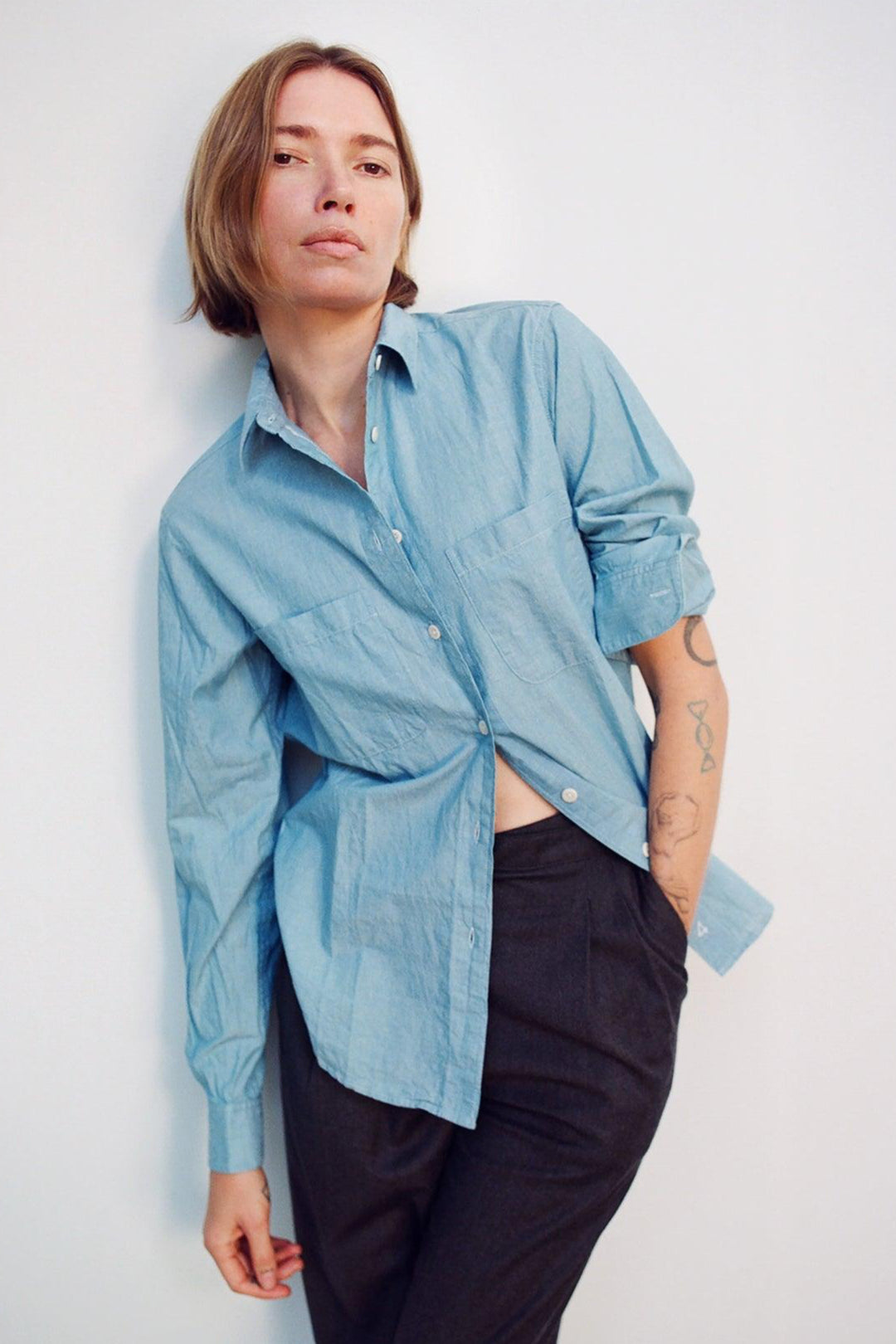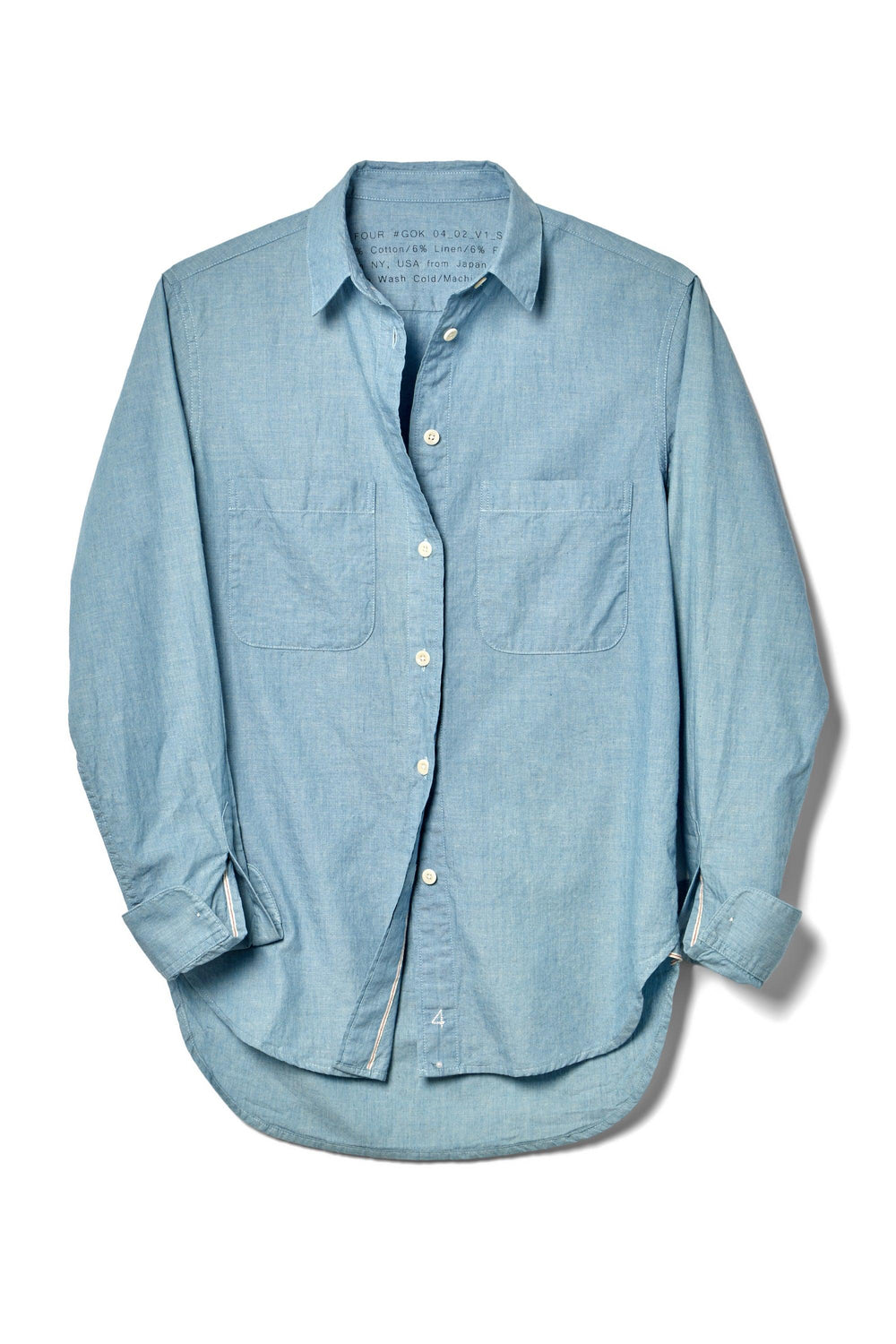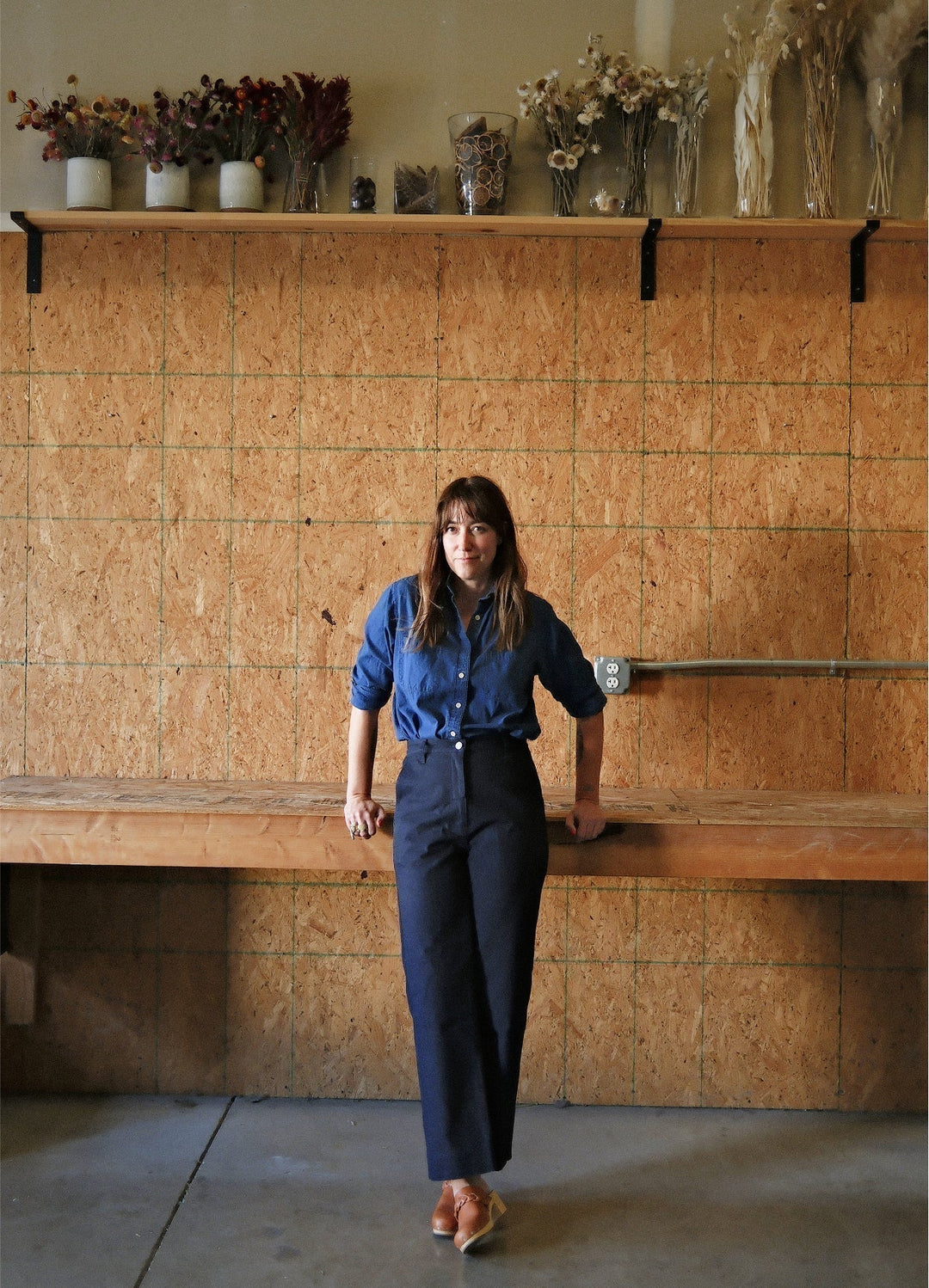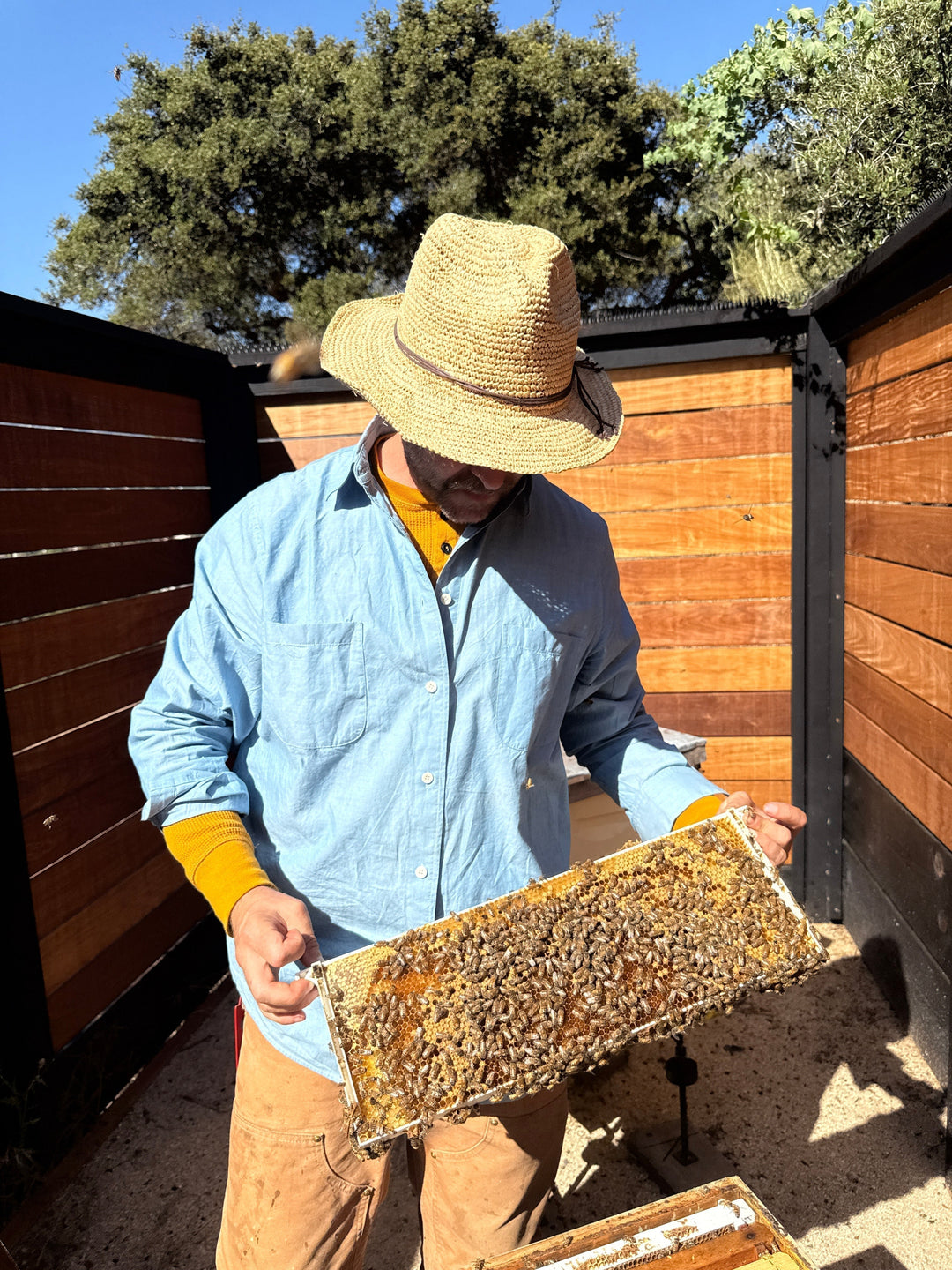Celebrities2Us: Lynn Steger Strong

As part of our Women's Month Celebration we're offering a chance to win signed copies of Flight & Want along with a $125 gift card to FOUR. Enter to win by following us on IG and subscribing to Lynn's bi-monthly musings on writing, running, loving and being a woman. For an extra chance to win tag & share us on IG. X
Merciless & Merciful, a conversation on failure with novelist Lynn Steger Strong
FOUR
We wanted to cover you for Women's Month because your work, and not just your novels but your articles and blog are largely about relationships and creating with your experience as a woman as the armature or frame that that all hangs on. I find that your writing around precarity and the effort to create is so authentic that I feel them physically. I thought that that was maybe the most exciting place for us to enter this conversation, as a mom, an artist, a creator living precariously and juggling that and somehow still functioning (mostly). Why do you feel so drawn to write about these themes and why are the relationships of women so important to you?
LYNN
I think on the one hand, this is what I feel most bodily, is the experience of inhabiting a female body and the ways that it is.
I think that I have learned over the years that perhaps my particular body is particularly sensitive and not always in a good way to the sensations of being alive and I find it to be a pretty intense experience and I think sometimes I'm just trying to metabolize that intensity.
And this is Henry James, this isn't me, right to metabolize that intensity that feels chaotic into a sense of control that then can feel scary if you take what feels sensational and intense and transmuted into a medium that you feel a little bit of control in, which for me, is language. That's incredibly abstract. I think another way to think about it is artistically, for lack of a better word.
I find the female body an endlessly fascinating terrain because the female body gets to be subject and object at the same time, always.
I think really, probably, every human being is a subject and an object at the same time in some way. But again, I'm coming at it from this very specific and small angle, which is informed by my own experience. But I think object is acted on, object is waiting to be wanted, waiting to be admired and subject is the thing that gets to act.
And I think the idea of needing to have prerequisites for your wanting or prerequisites for your actions feels complicated and because it feels complicated, it feels incredibly narratively interesting.
And also it just feels true to my experience of being inside of a female body.
FOUR
I think that that really comes across. Especially in the characters in your fiction work. One feels rather keenly the character’s struggles to be understood. And I think sometimes their struggle lies in their attempt to find language for the feelings and sensations of their experience and the conflict that often lies there.

This and the image above were taken by Michael D. Wilson for The Maine Mag.
LYNN
Yeah, I think it's tricky, right? Because I think that one of the things that I think about language is that it's an inherently flawed medium like anything. So part of what you're saying about being misunderstood and again, I think in some ways this is connected to being interested in whatever version of inhabiting the status of woman might be for another person, but is that
being looked at is not the same as being seen, being listened to is not the same as being heard.
So much of what I'm interested in is all of the chasms that exist between these ideas. Like this character is looking at this character, this character is talking and this character is hearing what this other character is saying but yet, there's still a chasm. This character wants to be loved by this character, and this character is loving this character back, but there's still a chasm. I think that that is much more interesting to me, than if this character hates that character. Right? Because to me, it's so much more complicated and interesting and harder to find language for.
When you're inhabiting spaces where people are trying, but people are still failing there is still value in what they're doing, or accomplishing or reaching for instead.
FOUR
Yeah, there's always value in the attempt to be understood, but I'm curious what that chasm is about. I feel like sometimes we can't hear each other because of ourselves, or our own experience. And not because we're not listening, but because we’re in the way. Somewhere between the listening and the understanding is your own experience mucking it up. I find that with parenting all the time. The sensation reminds me of your recent blog about practicing. How you're talking about bringing your first novel to Florida and that you were intentionally not doing anything with it, just had it nearby everyday in an attempt to listen in a way, right, like in an attempt to hear it. I think that description really speaks to this space where sometimes it's not about what you know, or don't know, it's about letting it sit. I don't know if it's about time or just allowing yourself the space to let something else reveal itself. Which is difficult enough on its own but extremely hard mid-interaction, during a conversation where people are trying to relate. The tendency to push through, fill space, make oneself clear even, really has the opposite effect of opening things up for understanding.
LYNN
Time is tricky because I think time can do lots of different things, too. I think a part of what you're talking about maybe, and this is something I’m really interested in, is the way
we get trapped inside of the stories that we tell about ourselves and the way we get trapped inside of the stories other people tell about us, and also the stories that have been established, especially among families about what our relationships are
and how sometimes that creates the chasm. They're all the stories that we’ve had for so long. And this is where time comes in, that the stories feel sort of calcified. And then how do you find the actual people at this actual moment, amidst and inside of these stories that feel so firm and solid. I think, in part, you find them by stopping and listening, right? I was writing about this or read this or something a little while ago, and I haven't stopped thinking about it. That the way we seek information is if the information will lead to understanding, right, so for example, my friend says that I'm going to meet this person and so I google that person before I meet them as if I will know who that person is once I google them, versus sitting in front of that person and listening to that person and experiencing that person. Right?
Because information is not the same as understanding and information is not the same as experience.
So if you have a family member, and you've known them for 40 years you have so much information, but I think sometimes it impedes your ability to see or listen to the person who's right there in front of you, because your brain is telling you no, no, I already know who this person is. I already know how this is going to go.
So some of what I've been thinking about is just how everything I don't know is always the most exciting part of any project.
In the moment where the book surprises me or the character surprises me. And it's also the hardest thing for me to find because I love work and I want to work and I want to bound forward. But the actual physical posture of just trying to listen and trying to wait is the exact opposite of the physical posture of just bounding forward and saying, okay, I have to finish this project because I have to get to the next project because who knows when I'll die. There's more and there's more and there's more books to write, etc. But yeah, I think you know, there's the chasm in the work which is connected to the chasm in life and I think both chasms have to do with language and different relationships to language, right, which is to say the language in our heads about who we are and who the people around us are versus the language that's being offered right in front of us.
And our ability to engage with the language right in front of us involves a certain level of vulnerability and discomfort and uncertainty, which again, are endlessly narratively interesting to me.
And I find spaces that humans often, including myself, have a hard time inhabiting those spaces with any regularity in their actual lives.
FOUR
Absolutely. And I think what's daunting about these interactions where we’re bringing history or outside information to the present in our interactions is that those we’re attempting to commune with are also inhabiting their own stories. Family and old friendships are really complicated in this way, not to mention genetic trauma, different generations, shared histories with various versions of experience, etc. My head spins both with how fascinating and how complicated it would be to write that from the inside. Although, your novels do it really well.
LYNN
Story is also one of the ways that we keep ourselves safe in both directions, like stories are the way that we remember how to protect ourselves, like the rhymes we were taught as children in Florida about which snakes to be afraid of, right? Like, if I have a story embedded in my brain that this is a person I should be afraid of. That is a story in my brain protecting me. So the idea that I'm going to sort of let loose of that story and stand in front of this person or thing that might hurt me, is very specific and can be a very terrifying choice to make if the story is there to protect us and in all sorts of directions. If something happens to me and then I wrap it up inside of a story to make it slightly less painful, then I think story is an incredibly useful and often protective tool of being a human, right, but then also writing stories. Maybe this is also what I'm working on right now. And this is why we're in a fight, the layers of telling stories about those layers of stories can be a little bit queasy now. There's a lot of threads.
FOUR
And layers! I'm imagining a very hilarious spreadsheet or a kind of forensic spider web on a wall that’s overlapped and color coded like, what's the story that X is telling themselves and what’s the version of that story that Y is hearing in their heads and what is X actually saying and what is why actually thinking about X’s thoughts versus what X is saying and on and on… And “reality” or “truth” doesn’t even get a nod, or a pin or a string on this wall because reality and truth are kind of irrelevant. Or am I reaching?
LYNN
Yes, no, as we're talking I am looking at my cork board that has four different colors of index cards that are all pins on the board. And actually, I just want to throw up. It's sort of out of hand, you know, and then yesterday, I was trying to draw pictures. Anyways, this is a mess.
FOUR
Amazing. This is the artist juggler, you know, it’s another way of dealing with overwhelm, right? We try to put these structures on the thing, the creative thing we're feeling to make sense of it. And somehow it gets, I don't know about how it is in the writing process, but I feel like I recognize what you're saying in the process of making art. When I'm really inside the thing that I want to be in, I recognize that “organizational” process as a way of digging a really deep tunnel that I eventually come out of and maybe throw all of it away, but the whole thing was needed just come thorough a thinking space. And it's not busy work; although most people might view it as busy work or somehow superfluous. But somehow your mysterious series of index cards and pictograms get you through your fight. Wrestling the ineffable into an armature you can hang the experience on. Am I crazy?
LYNN
Yeah, I mean I'm always so worried because I can go in all sorts of directions with various metaphors. But I think my current metaphor is that
writing novels is a process of jumping off of cliffs and in so far as like, having written a few prepares you to write more I've decided that what it has prepared me to do was to jump off of higher and bigger cliffs.
Which to your point, and we're really mixing metaphors but I think it involves a willingness to sort of go down more tunnels, you know, it involves a willingness to sort of say, well, fuck it, I'll try. Let's try this. Right, it feels interesting. And let's also trust that in trying it all by itself I'm going to learn something about this novel or this practice, or just for more broadly, it's going to crack something open, even if it's not going to be in the novel.
FOUR
Yes, and once you get in, you can't know the weight or meaning of any of those processes. I feel like it's part of that creative process for many of us, just a lot of mess. But an intentional mess? Or an accepted or required mess?
LYNN
Yeah, I love to make a mess. And it's also I mean, honestly, like, I feel like one of the best notes that I'm working with right now is from talking to my kid, which is just to say, you carry a book around in your head for a few years. And as you're carrying the book around in your head, it's being refracted through your experience of being a person. And that to me is always really useful in a bunch of different ways, not least like it can make the moments when I'm afraid away from the work but sometimes can be really frustrating. It can be useful to be reminded that oftentimes,
the best moments that I feel like I've built in books have come from those moments where the book is nosing about in my brain wishing to be spoken to, but instead I have to live my life.
But then my life reveals something to me that sitting alone in my office never could have. And so I think that's also been really useful to me just in terms of process and practice and being a woman and being a mother etc.
FOUR
I feel like this past month, I've dealt with more crazy layers of life and experiences that have resulted in extreme overwhelm. I've been abandoning things more than I ever have. And unconsciously at times where it seems like my brain just puts up blinders so that I stay on a course that I have subconsciously decided is the most important for that particular moment. Which has been a unique experience for me. I was reading something that you wrote last week about how busy your month is too. If I remember correctly you're teaching, you’re parenting, you're running, you're writing, you’re doing school things, PR events, and you’re married so there’s that relationship in all this., and I’m thinking to myself, wow! you're way more professional as a creative person than I am. How do you juggle all that so your writing gets the right amount of attention?
LYNN
The right amount of attention is an interesting question because I think my go to answer with this is a very simple directive that I've established for students and I established for myself a long time ago, which is just this idea of being merciless and merciful. For example, these are the hours that I am inhabiting my identity as a writer. In these hours, I do not answer work emails, I don't look at student writing in these hours. You know, mostly these hours are when my children are asleep or at school, right? So I'm not doing mom stuff. And I'm merciless about establishing those hours. But within the context of my life realistically, most of the time that means I get up seemingly early, like 4:30 to 6:30 are those hours for me. But then within those hours, I have to be pretty merciful. Like you're saying, depending on the wee and what else is going on in the particular pressures and also where I am in the book. The book I'm working on now, I'm pretty far and I'm pretty deep, and as I get far and deep, it is more and more emotionally exhausting to be inside of it. So I still got up in the morning this week, but on Monday I taught seven different classes ranging in age and, for some reason, ran a middle school after school program. And then I did a two hour lecture for a public space for 70 people. So it was a vast array of classes that I had to prepare for. And it was also just a lot of anxiety because it wasn't my usual classes, and there were also a lot of new classes. And so Monday morning, I got up to get inside of my novel and inhabit my identity as a writer, and I realized that I did not have anything left for the novel. And so I still got up, but I just read and I read stuff that I thought would ultimately serve the novel. So I was merciless insofar as I still reminded myself this week I was a writer because it would have been very easy to just be a teacher and a mom, which is who I am most of most days regardless, and I love both of those identities too. So this morning I read again, I read something that was not work related. It was not teacher or mom related. And that I vaguely thought would inform the project. And so that kind of kept the book knocking about in my brain right and it kept my body still remembering that this is a part of who you are and then I got to the end of the week. And then next week, one of my jobs is on spring break and I have to be in New York. And so next week kind of opens up for me and I can actually be a writer for like a big chunk of time. And one of the reasons I could convince myself to just calm the fuck down this week is because I knew next week was coming. And also because I think a lot of times I need, and I think
these are the things that are really important for mom artists to figure out, is to know what are the things that you can reasonably decide to not beat yourself up about.
And one of the things that I have realized that I don't have to beat myself up about is that I have really long periods where all I do is think about the book and read and I used to think about the book and read and hate myself. But I'm working on just thinking about the book and reading because I do that for a few months really. And then I write obsessively and intensely for seven to ten weeks. And in those seven to ten weeks I am horrible at every other aspect of my life and actually I end up hating it, it's not great. So then I'm quite glad I don't do that all the time because I love the other things that I am.
I don't want to be a person who writes 24 hours a day and is shuttled up in their office. I think it would make the work worse because I wouldn't be engaged with actual life.
I think it would make me totally miserable for the same reason. And I also think that there are just limits to what you can accomplish inside of a project on any given day. So I'm endlessly grateful and glad for all the other roles I play in my life. And I think sometimes more than others, I just have to remind myself of that fact. Because nine out of 10 times when I returned to the project, I returned to the project with a lens and a point of view and a richness that I would have never had had I never left it.

FOUR
If you just barreled through, you would miss a lot of thought and nuance along the way. I had a professor once who used to ask us to take a sentence for a walk, you know, like really get inside this sentence. And you know, it was oft Aristotle, so it wasn’t a little sentence, and then we’d have to write a 10 page paper on that sentence… can you believe that, what a luxury! But seriously, we need to give ourselves some proper time to experience things. Being inside the creative process is so interesting when we’re not asking for answers. There’s discovery in your peripheral vision, something one wouldn't have seen staring straight at it or banging your head against the wall. Sometimes that's not just revealed by randomness or interactions along the way, but by your subconscious making connections when you're not trying to think about it. It’s hard to explain but for me it’s a process that I can't access without rest periods. I don’t want to call it rest because there's not much rest in this life but you know what I mean, the back is as big as the front.
LYNN
Absolutely, what you're saying and I think in addition to that there's also the books that I read that feel like they're built completely on the idea of the thing, instead of the thing itself. And it feels like those books were written in an office by yourself for months at a time. And then I know that books that feel like they hold inside of them the sort of texture and tenor of being inside of life. They feel like the thing itself, they don't feel like the idea of the thing. And I think. just to sort of press on what you're saying about looking away.
It's not just looking away, but it's looking intently at what else is in front of you, right like what else is in your life.
Like being inside of school pickup and actually hearing the sort of insane things that everybody says at school pick up.
FOUR
Your mind for dialogue truly boggles!. (laughing) Seriously crushing and hilarious and generally just beautiful. I love it!
LYNN
There's always a point when I'm writing a book where I leave the book, and I'm in life and something happens and I'm like, oh my god,
I have never written anything true because I've never written anything as profoundly absurd as actual life.
Life well, it's just very good that way right? It just sort of knocks you over with its absurdity.
FOUR
Truly! Although, I’m not sure I would have ever noticed that or, god help me, at how long it would have taken me to notice that, had I not had children. There's something about the space they open to see your own life, your own mechanics of thinking and just the way they constantly hold the present. I don't think life would ever have been so vividly rendered to me without them.
LYNN
I'm also so grateful to them for just totally flattening my ego. In a lot of ways, it's the most useful thing about parenthood for me. It's about them, and I think it’s the same way with art, it's not about me, it's about this offering that I'm trying to make for other people.
And that sort of understanding and shift within the context, like, obviously this is made by me, of me, whatever you want to call it, but it's not for me. I am certain there are other ways to have learned that lesson, but for me, it's absolutely been thread into becoming a parent.
FOUR
Yeah, it’s for them. Even the whole concept of practicing has been driven home for me in a way that all the years of making, studying, spiritual practice and therapy never could. Nothing has ever positively affected my ability to practice more than parenting. I think it’s simply because failure is so clear, whereas failure in all the other areas maybe is less clear, or has been more ambiguous, but when I fail as a parent, I really feel it bodily.
LYNN
Or they really show it to us, they're very honest about it. And that's been so helpful. I think what's so exciting about being a creative person who's also a parent maybe is another way of saying it is like this…
FOUR
It’s an opportunity.
LYNN
Yeah, yeah, and also what you're saying about this understanding, this greater and more consistent understanding of failure.
Everything to me, everything I make absolutely is a failure. It's just about failing better. And that's fine. That's actually really exciting.
Right? Because that means I get to keep making things. But I think that's sort of the high stakes way in which you fail as a parent where it's like, No, there's nothing in my life that I want more to do more well at, and yet I regularly fail at it. But also, we're okay.
FOUR
Yeah, we’re okay.







